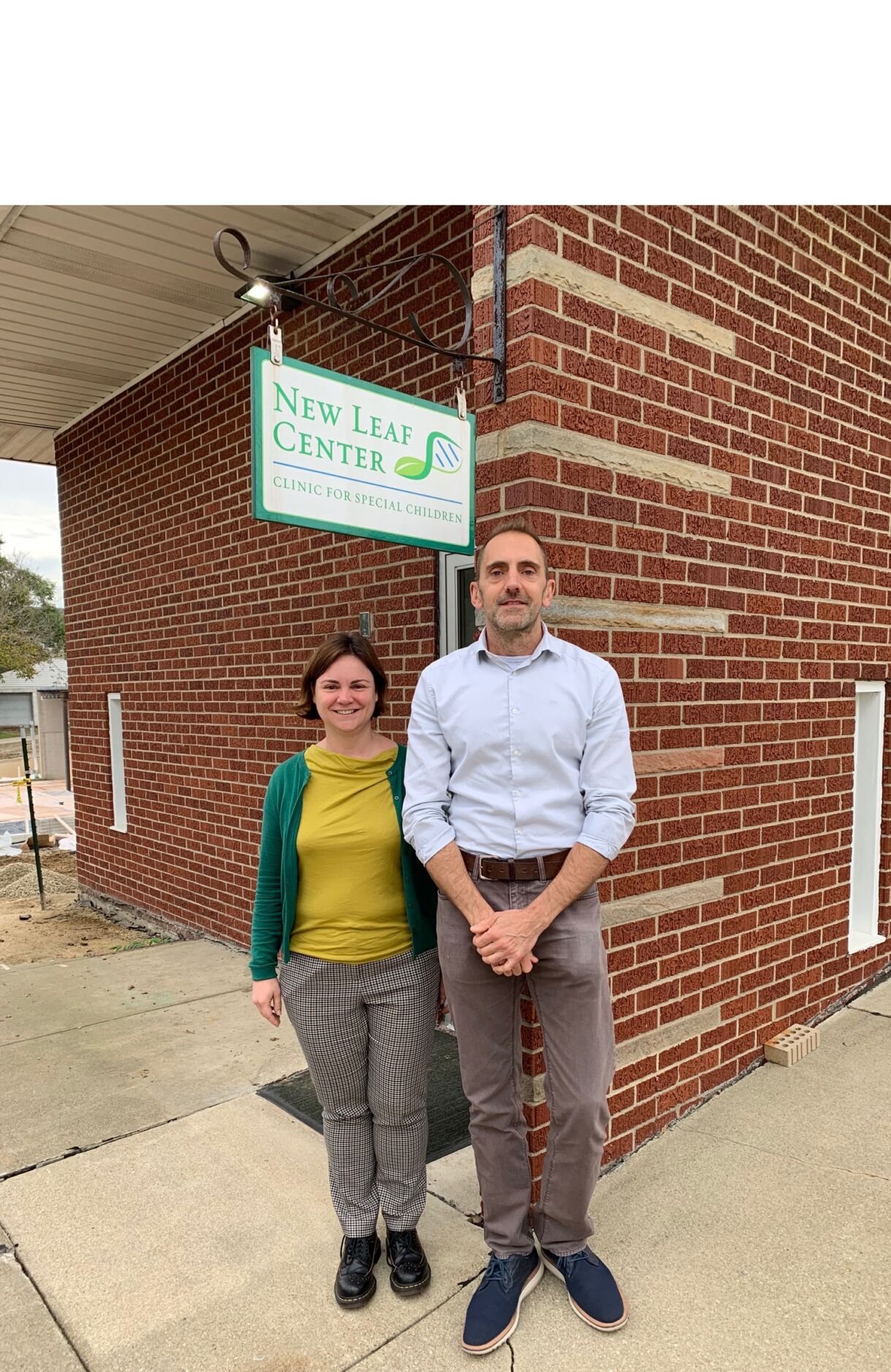
Spreading the word about harmful ‘skunk’
Cannabis use places a significant burden on both the NHS and our broader society as a result of mental health issues associated with use of the drug, as well as having a detrimental impact on young people’s education and prospects.
By increasing public awareness of just how harmful skunk can be and changing cannabis smoking behaviour, it may be possible to reduce negative health consequences for a significant number of people.
Dr Valerie Curran, a researcher at University College London (UCL), was awarded over £27,000 to disseminate the findings of her research into different types of cannabis and the harm they cause. Her research found that the harm caused by cannabis is determined by the level of cannabinoids in the plant.
She discovered that smoking cannabis is associated with an increased risk of schizophrenic-like symptoms, and a composition of high THC levels and low cannabinoids causes greater memory impairment. It is also more addictive. This is all because cannabinoids normally protect against the harmful effects of THC, and so skunk, which has high THC and no cannabinoids, is even more harmful.
80%
of all UK cannabis is 'skunk'
With research suggesting that 14 per cent of people with schizophrenia might never have developed the condition had they not smoked cannabis, Valerie’s research carries an important public health message. Valerie presented her work at New Scientist Live in 2019, and featured on Channel 4’s ‘Drugs Live – the cannabis trial’.
We also funded a public health campaign video – ‘Cannabis Effects’ – which brought together the latest research findings, and young people’s lived experiences of cannabis use, culminating in an award-winning drugs education tool.
“The Medical Research Foundation’s funding has proved invaluable,” says Valerie.
“The video we produced has been used for eight years in training and peer mentoring by two London charities; Mac-UK and Art against Knives, which work with vulnerable young people who have complex mental health needs. The video was featured in the Guardian as an example of excellent practice working with young people and won an award for science communication.”


